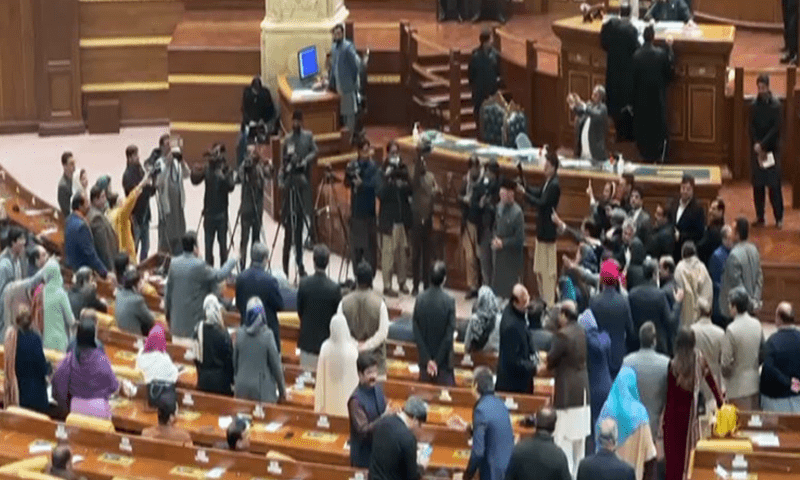The Judicial Activism Panel (JAP), a self-styled public interest forum based in Lahore, urged the Punjab government to reconsider the recently passed Punjab Defamation Bill, 2024, calling it “draconian”, “illogical” and a “violation of the judgments of the superior courts.”
On Monday, the Punjab Assembly passed the bill, rejecting all amendments proposed by the opposition amid protests by the PTI-backed Sunni Ittehad Council and journalists covering parliamentary proceedings.The SIC members tore apart copies of the bill after the House passed it through a voice vote.
Vetted by the Special Committee-1 in the absence of standing committees, the bill was tabled by Punjab Finance Minister Mujtaba Shujaur Rehman after the PML-N government refused to delay voting on the bill, even for a week, at the request of journalists.
On the occasion, the press gallery members walked out of the assembly to boycott the proceedings. They rejected the bill as a “curb on free media”.A letter was written in this regard by the Judicial Activism Panel dated May 21, a copy of which is available with Dawn.com, and it was addressed to the Governor of Punjab as well as the provincial chief minister.
It urged the offices to “refrain from giving assent to such a draconian bill without taking into account the viewpoints of stakeholders.”The letter referred to the bill as “an attempt to snatch the right and freedom of speech which is a clear cut violation of Article 19 and 19A of the Constitution”.
It further stated that before approaching the superior courts, a fair opportunity was being provided to the respective offices, as well as the provincial assembly, to reconsider the bill “in the interest of the nation.”
On Tuesday, more than 80 civil society organisations said they outrightly reject the Punjab Defamation Bill, given that it was a gross infringement on the fundamental rights of freedom of expression and press freedom.
It said that the bill served as a “draconian and regressive” tool to suppress dissent and criticism and particularly targeted journalists and the wider public.“Its explicit mandate of safeguarding ‘public officials’ against defamation is nothing short of an authoritarian manoeuvre, designed to shield those in power from accountability and scrutiny,” it said.


